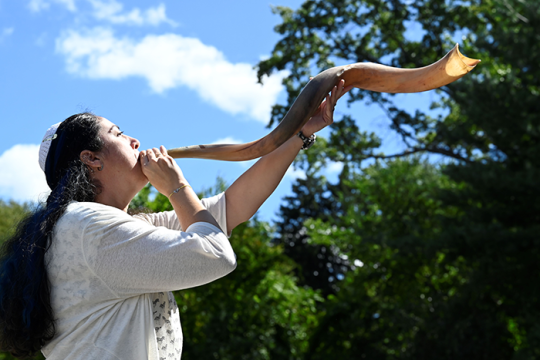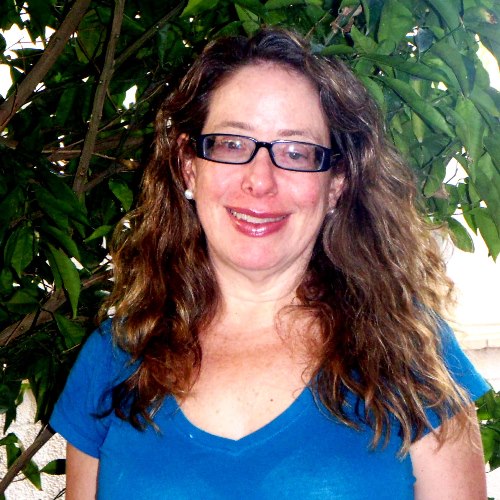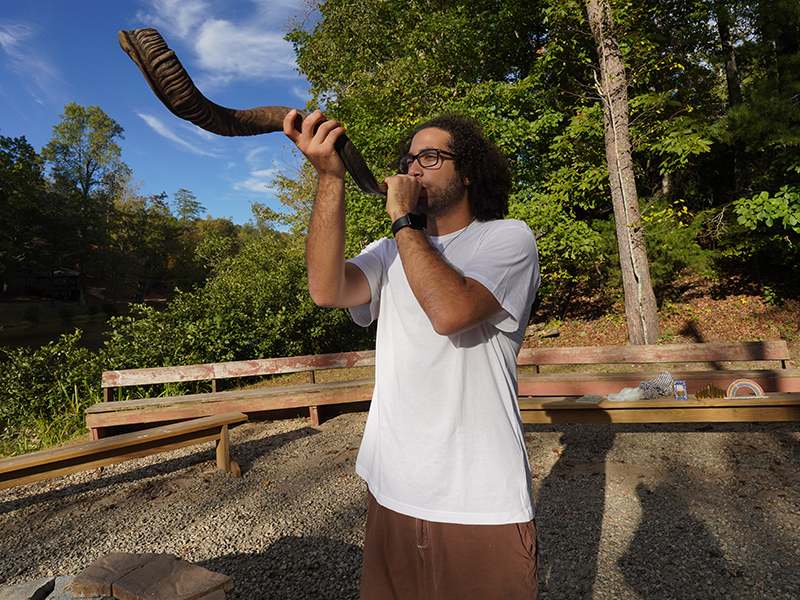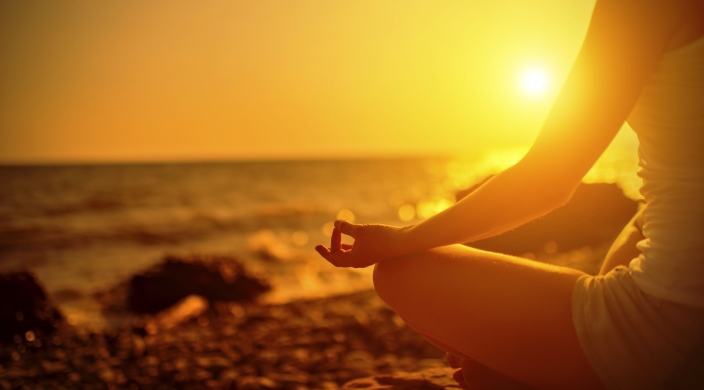
In June, I saw a post in a local Facebook group that intrigued me: "Stop! Take a break! Join us for Group Meditation in the City."
With this notice, a young couple, Hadas and Netanel Cohen, invited Nahariyanis (residents of Nahariya, Israel, where I live) to join them on a come-as-you-please basis for free group meditation twice a week during the summer — once to start the week and a second time to end it and begin the weekend. I’d wanted to try meditation for a long time to improve my health, stop the constant commentary running in my mind, and explore other benefits espoused by the practice, so I decided to take advantage of this open invitation.
At our first meeting, the Cohens expressed the feelings of everyone who had gathered when they explained that they had wanted to incorporate meditation into their lives on a regular basis, but hadn’t yet managed to set aside the time. They decided to make a commitment to themselves and to anyone else who wanted to join them to take bi-weekly respites of quiet.
Hadas and Netanel created something special for our ever-changing assorted group of young couples, middle agers, retirees, people new to meditation, and more experienced practitioners. We sat together on our beautiful Mediterranean coast, breathed in the sea air, felt the light breeze (not to be found any place else in Nahariya during the hot, humid summer months), and listened to the sea and ourselves. These interludes gave me a chance to take a break from my constant thoughts and my never-ending to-do list. They allowed me to try to restore some calm and inner balance to my everyday life.
From the start, I appreciated the group energy and the chance to just pay attention to the here and now. I found that I enjoyed experiencing different sensations in my body and hearing sounds that don't normally register on my radar. Through the meetings, it became even more important to me to be more mindful of what is happening inside and around me, increasing my consciousness of the simple things in life. Noticing my positive reactions, I tried to incorporate the practice on my own during the rest of the week, albeit for shorter time periods, with varying levels of success.
As the summer passed and the days moved from Tishah B'av into the Hebrew month of Elul, I began to welcome the meditation experience even more. According to Jewish tradition, on Tishah B'Av, we start counting seven weeks of t'shuvah (returning) that lead to the Yamim Noraim, or Days of Awe (Rosh HaShanah and the 10 days until Yom Kippur). During this period, we are supposed to dedicate time on a daily basis to examining ourselves and our relationships with others, the world, and God. As we reflect, we can also consider our commitment to positive changes for the coming year.
I've always had a little trouble preparing myself for Rosh HaShanah and never really felt that I knew how or what to do. In his book, This Is Real and You Are Completely Unprepared, Rabbi Alan Lew points out that meditation is one of the ways we can prepare for the Days of Awe, as it allows us to look inward and see ourselves more clearly. He writes that it also "…helps us see that we are something larger than ourselves. This is an essential aspect of Rosh HaShanah – seeing ourselves as not just a discrete ego but as part of a great flow of being."
Through meditation, I've discovered an active and doable way to approach the new year that fills me with a feeling of renewal. How meditation will actually impact my High Holiday experience has yet to be seen. What I do know is that I feel richer for giving myself the time and space to connect more deeply with myself, my surroundings, and my Judaism through the gift of regularly disengaging, for short time periods, from the race through life.
Whether or not you do anything to get into the mindset for the Jewish New Year, may you be happy, peaceful, and light in body, spirit, and mind.
Editor's note: this piece was originally published on August 31, 2015. It has since been updated.
Related Posts
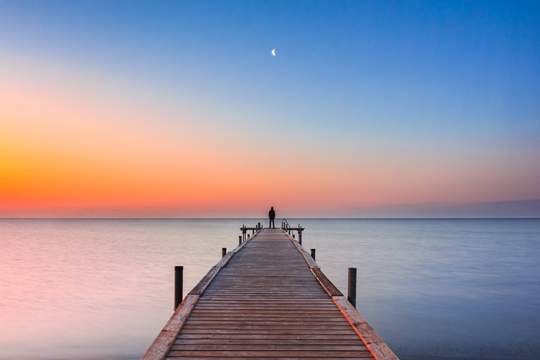
Crossing the Bridge from the Particular to the Universal
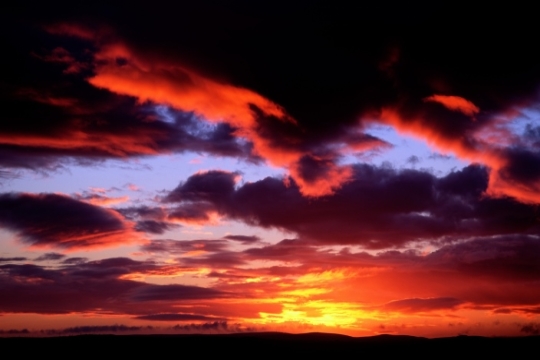
Five Takeaways from a Jewish Meditation Retreat for Activists
